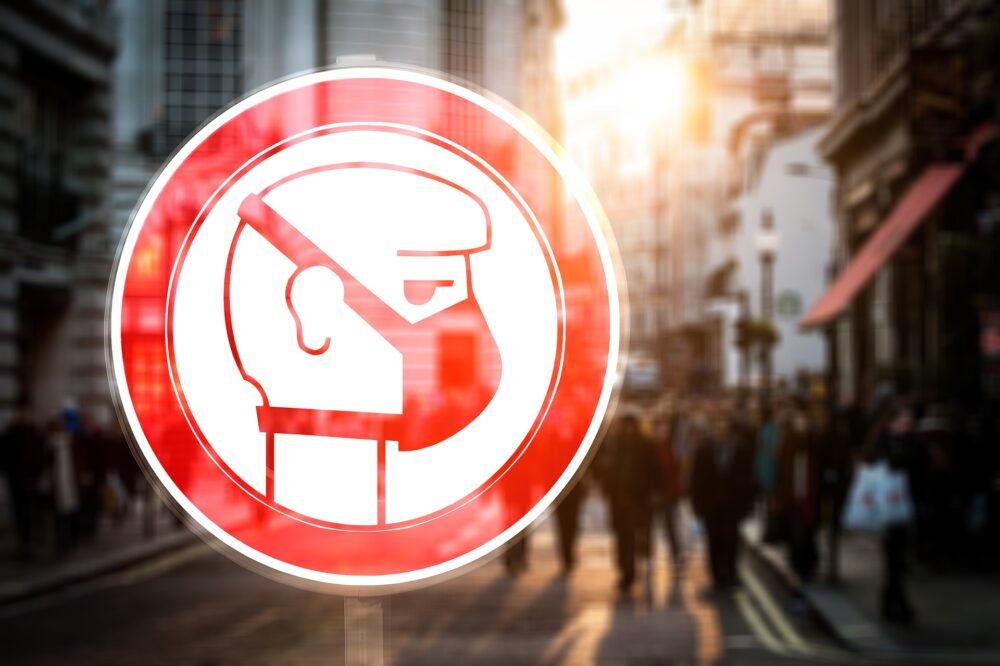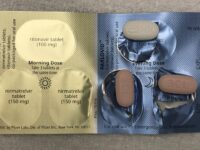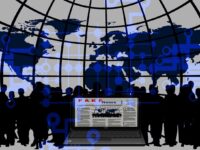For just a moment, think back to January 2020. People were just hearing stirrings of the novel coronavirus outbreak escalating in Wuhan, China. Cases were on the rise in numerous countries. Some people panicked instantly. Others were seemingly in denial. Months later, as cases reached an all-time high, many could no longer afford to ignore the problem. Yet, even now, as the United States has reached an unprecedented number of new cases per day, there are still those who downplay the virus or even question its existence as a threat entirely. The multitude of reactions people have had to the virus raises an interesting question: what are the psychological factors at play? Why do people react (or not react) the way they do?
“The multitude of reactions people have had to the virus raises an interesting question: what are the psychological factors at play? Why do people react (or not react) the way they do?”
The answer to these questions lies in cognitive and psychological biases. There are many biases that play into how we have responded to the pandemic. According to Halpert et al. in 2020, one such factor is known as the “identifiable victim effect.” Essentially, people are far more likely to respond to a crisis when it impacts someone they know. In other words, when the only exposure someone has to the virus is through the news, they aren’t likely to take it as a serious threat.This may account for disparities in how people have responded to the pandemic; those who have had an affected friend or family member may have adhered far more stringently to federal guidelines than those who have not.
Bottemanne et al. in 2020 posit that human optimism bias has also had a significant impact on public perception. Optimism bias describes the tendency for people to be optimistic about their odds of avoiding adverse life events. This is due to human tendency to ignore unfavorable information in favor of positive information, resulting in the evident discrepancy between the dire nature of the official warnings versus people’s perceptions of the likelihood they will be affected. This discrepancy was supported by Dolinski et al. in 2020, who found that despite increasing cases and deaths, U.S. citizens saw their probability of contracting the virus and infecting others as lower than the rest of the population. Even as those around us may go through adverse events, we remain steadfast that we will beat the odds. For those who have hosted large gatherings or gone against social distancing guidelines, human optimism bias may very well be the culprit.
“It is vital that we take a critical look at our innate biases to be best informed when dealing with adverse events in the future.”
On the other hand, certain human tendencies have led to heightened responses to the pandemic. One memorable example is the panic that caused people to buy toilet paper early on. While some saw the trend as ridiculous, others insisted that it was a smart move. This showcases the bandwagon effect in all of its glory. The bandwagon effect dictates that humans are more likely to adopt a behavior if they perceive that others are doing the same. As people began to frantically buy massive quantities of toilet paper, others observed this behavior and adopted it as well. As more people rushed to stores, it was picked up by media outlets who in turn reported on the phenomenon. Thus, more people were exposed to the behavior and presumed that everyone was doing it, causing even more people to rush out of their homes and into stores. It was a vicious cycle whose only real outcome was toilet paper shortages in stores.
By virtue of being human, biases are not always avoidable. However, their potentially devastating impacts can be mitigated by imparting a sense of awareness to the community. By educating ourselves on psychological biases, we can help ensure that we are responding to emergencies in the best way possible, without allowing biases to cloud our thinking. This becomes especially important when looking back at crises that have passed, and it is where hindsight bias comes into play. Hindsight bias is when people feel that they “knew it all along” once an event has come to pass. In the context of the COVID-19 pandemic, while people may have been skeptical of the magnitude of the situation initially, hindsight bias dictates that many may look back and declare that they knew how bad the situation would get. This has dangerous implications, as it can lead to overconfidence in our level of preparedness for similar events in the future. It is vital that we take a critical look at our innate biases to be best informed when dealing with adverse events in the future. Otherwise, hindsight will not always be 20/20.
JAMA (2020). DOI: 10.1001/jama.2020.11623
Frontiers in Psychology (2020). DOI: 10.3389/fpsyg.2020.02001
Journal of Clinical Medicine (2020). DOI: 10.3390/jcm9051464Perspective on Psychological Science (2012). DOI: 10.1177/1745691612454303






